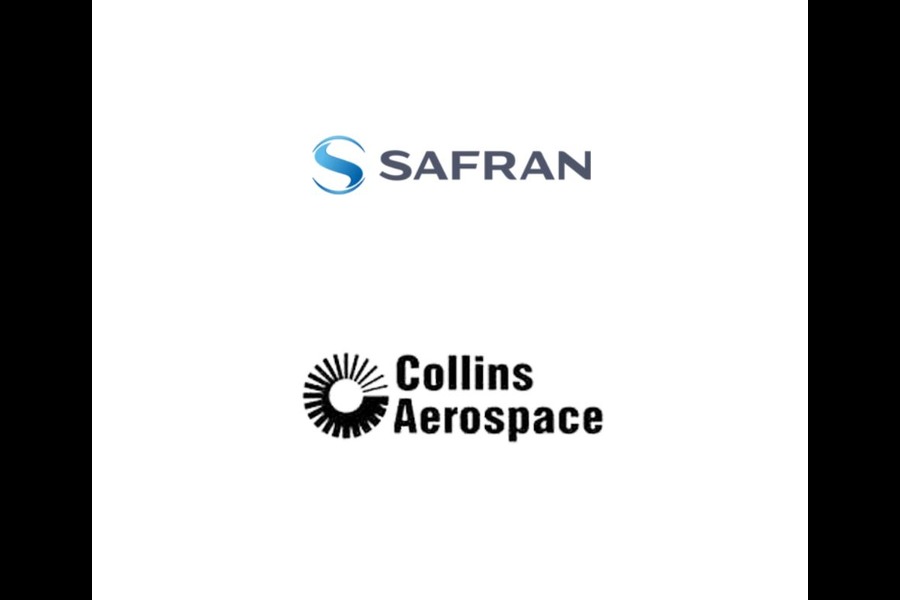On April 4, 2025, the European Commission granted conditional antitrust approval for Safran’s proposed $1.8 billion acquisition of Collins Aerospace’s flight controls business. This decision follows Safran’s commitment to divest its North American electromechanical actuation operations to address competition concerns. This acquisition, announced in July 2023, marks Safran’s most substantial purchase since its acquisition of Zodiac Aerospace in 2018.
Companies Involved
- Safran S.A.: A French multinational aerospace and defense company, Safran specializes in aircraft propulsion, equipment, and interiors. Its product portfolio includes aircraft engines, landing gear, avionics, and nacelles.
- Collins Aerospace: A subsidiary of RTX Corporation (formerly Raytheon Technologies), Collins Aerospace is a U.S.-based provider of advanced aerospace and defense solutions. The company offers a wide range of products, including avionics, flight controls, and interior systems.
Transaction Details
Safran announced its intent to acquire Collins Aerospace’s flight controls business in 2023, aiming to enhance its capabilities in the development of next-generation, computerized aircraft and to expand its offerings to both civil and defense aircraft manufacturers. The proposed acquisition is Safran’s most significant since its 2018 purchase of seat maker Zodiac.
This business segment employs approximately 3,700 individuals across eight facilities in Europe (France, UK, and Italy) and Asia. It is projected to generate sales of around $1.5 billion and an EBITDA of $130 million in 2024.
Safran’s strategic intent behind this acquisition is to enhance its capabilities in actuation and flight control systems, positioning the company as a global leader in these segments. The integration of Collins’ expertise is expected to bolster Safran’s readiness for next-generation aircraft, which are increasingly incorporating advanced and electrified systems.
Regulatory Considerations
The European Commission’s investigation identified potential competition issues in the market for trimmable horizontal stabilizer actuator (THSA) systems, critical components used in civil aircraft to adjust the horizontal stabilizer for stable and fuel-efficient flight. The merger would have combined two of the main suppliers of THSA systems, potentially leading to higher prices for aircraft manufacturers due to reduced competition.
Remedial Actions
To mitigate these concerns, Safran committed to divesting its entire North American THSA business, which encompasses facilities in Canada and the United States, as well as assets in Mexico. This divestiture aims to eliminate the overlap between Safran and Collins Aerospace in the THSA market, thereby preserving competitive dynamics. In December 2024, Safran reached an agreement to sell this business unit to Woodward Inc., a U.S.-based aircraft parts manufacturer.
International Regulatory Landscape
The acquisition has also been under scrutiny by other regulatory bodies. The UK’s Competition and Markets Authority (CMA) has indicated that Safran’s proposed remedies could address its competition concerns and is conducting a detailed assessment, including seeking third-party input. Additionally, in June 2024, the Italian government lifted its initial veto on the acquisition of Microtecnica, an Italian unit of Collins Aerospace, after Safran provided commitments to safeguard Italy’s national defense interests.
Strategic Implications
This acquisition aligns with Safran’s strategy to expand its portfolio and strengthen its position in the aerospace sector. By integrating Collins Aerospace’s actuation and flight control capabilities, Safran aims to offer a comprehensive range of products to its clients, enhancing its competitiveness in both civil and defense aviation markets. The move is also seen as a preparation for future aircraft platforms that will demand more sophisticated and electrified systems.
The transaction is expected to generate approximately $50 million in annual pre-tax cost synergies, to be progressively realized from 2025 to 2028. These synergies are anticipated to arise from economies of scale in procurement, complementary research and development efforts, and the internalization of sourcing and production flows.
Conclusion
The European Commission’s conditional approval marks a significant step forward for Safran’s acquisition of Collins Aerospace’s flight controls business. By agreeing to divest certain overlapping operations, Safran has addressed key antitrust concerns, paving the way for the transaction’s completion and reinforcing its position in the aerospace sector.

